Sleep Deprivation: Causes, Symptoms, and How to Recover
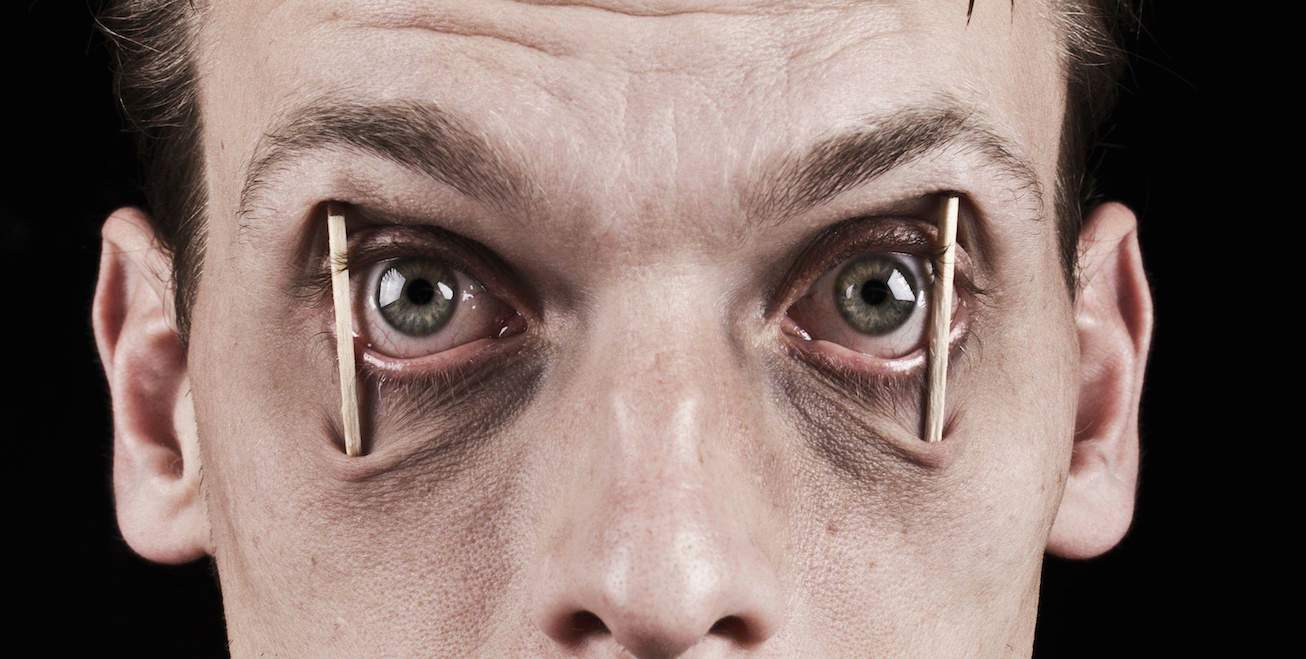
Sleep deprivation is more than an occasional irritation for the overworked, the overscheduled and the overstressed. It is a potentially major health concern.
North American adults average less than seven hours of sleep a night during the week, according to a recent survey by the U.S. National Sleep Foundation. Yet the average adult requires eight or nine hours of sleep to feel completely rested and to operate at peak effectiveness.
It’s not surprising, then, that sleep deprivation is a leading cause of automobile and workplace accidents.
How do you know if you’re getting enough sleep?
Other than a general sense of fatigue, these symptoms may indicate that you are sleep deprived:
- The inability to remain alert, or even awake, during sedentary or unstimulating activities, such as meetings or long car trips.
- Difficulty concentrating on important tasks.
- Memory loss.
- Slower reaction time while driving or playing sports.
- An inability to assimilate a lot of information, tending to focus on a single, sometimes irrelevant image or idea.
The causes of sleep deprivation vary. Some people simply don’t allow enough time for sleep. Others are kept awake by stress or anxiety.
Still others are convinced that they get ample sleep — as much as 10 hours in some cases — but nevertheless feel tired for much of the day. These people may have one of several sleep disorders.
For example, in sleep apnea, the airway collapses during sleep, blocking the intake of air. This may occur as often as 100 times a night causing the individual to wake up each time without being aware of any disruption of sleep.
Another sleep disorder resulting in sleep deprivation is periodic leg movement syndrome, in which individual’s legs thrash rhythmically throughout the night, preventing him (and unlucky bedmates} from getting a restful night’s sleep.
Others have restless legs syndrome, a crawling sensation on the legs that results in a nearly irresistible urge to get up and move, prohibiting restful sleep.
10 Biggest Causes of Sleep Deprivation
Sleep deprivation is no fun.
There are multiple causes of sleep deprivation, and, often, it’s a combination of factors which result in insomnia (not being able to fall asleep) or poor quality sleep (waking up feeling tired.)
Losing sleep is a serious issue, and lack of quality sleep has been linked to health problems such as heart disease, diabetes, and obesity, as well as to mood problems such as depression and anger.
Sleep problems have also been linked to driving accidents, relationship/marriage problems, and poor on-the-job performance.
#1 Stress/Anxiety
 This is probably the biggest culprit underlying most sleep issues.
This is probably the biggest culprit underlying most sleep issues.
Stress is on the rise, and impacts everyone. Stress and sleep are circularly connected.
Poor sleep leads to increased feelings of stress (in fact, one study shows that getting 6 hours of sleep or less per night causes you to function as if you’re legally drunk.)
Stress also causes poor sleep. Learn more about stress and sleep.
[Tweet “Getting 6 hours of sleep or less per night causes you to function as if you’re legally drunk. #Insomnia”]
#2 Alcohol
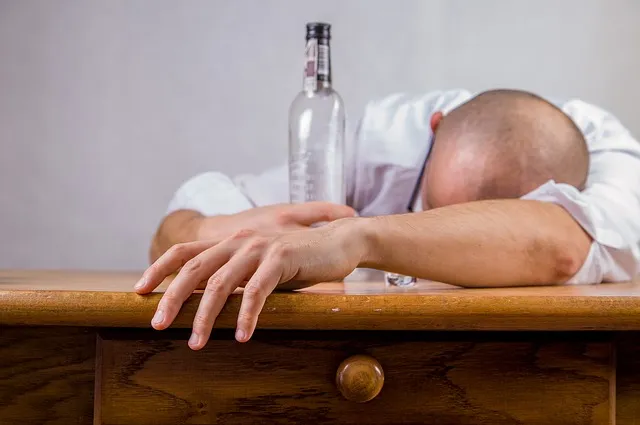 While most people have a drink or two to relax, the truth is that alcohol disrupts your sleep cycle.
While most people have a drink or two to relax, the truth is that alcohol disrupts your sleep cycle.
It can impact how quickly you fall asleep and how long you stay asleep.
#3 Nicotine
 Nicotine is a stimulant that can lead you to be overly alert and unable to sleep. Smoking has many other negative health risks too.
Nicotine is a stimulant that can lead you to be overly alert and unable to sleep. Smoking has many other negative health risks too.
#4 GERD (aka gastro-esophageal reflux disease)
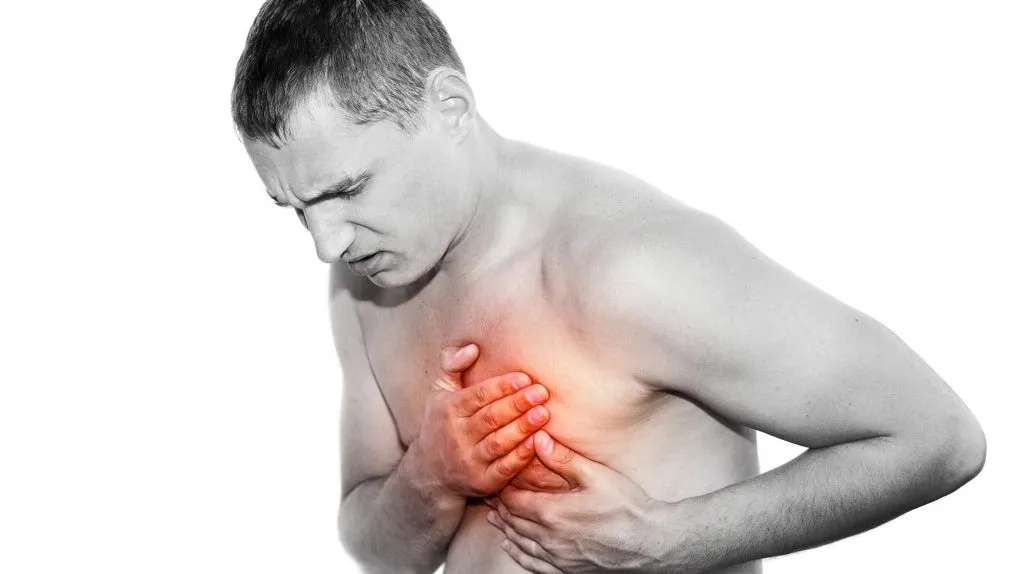 This is a condition in which the stomach contents and acids leak upwards from the stomach into the esophagus. This irritates the esophagus and can lead to heartburn.
This is a condition in which the stomach contents and acids leak upwards from the stomach into the esophagus. This irritates the esophagus and can lead to heartburn.
There are several circumstances that can lead to GERD, including alcohol consumption, hiatal hernia, smoking and obesity. Learn more about GERD and sleep deprivation
#5 Pain
Being in pain can make it difficult to fall asleep and to stay asleep.
Also, chronic pain makes it difficult to feel rested even if you got enough sleep. Learn more about chronic pain and sleep deprivation.
#6 New Baby
Being a new parent is an exhilarating and exciting experience. Everything is new- and you definitely would enjoy it more if you were getting more rest.
However, since most newborns nurse several times per night, and because most new parents experience anxiety, there is more to learn about new baby and sleep deprivation.
#7 Sleep Apnea
This is a medical condition where you stop breathing during sleep. Usually it happens when your tongue falls back and covers over your airway. Sleep apnea is a dangerous condition. Learn more about sleep and sleep apnea.
#8 Environment
Who hasn’t felt annoyed when they’ve really wanted a good night’s sleep and the environment made it difficult? Noise, too much heat, and other environmental conditions can impact your sleep. Learn more about your sleep environment and sleep deprivation.
#9 Disruption in Circadian Rhythms (such as due to jet lag/shift work)
Our circadian rhythms govern our body cycles. When these get disrupted, either due to changes in sleep, jet lag, or shift work, we find it really difficult to live a normal life. Learn more about circadian rhythms and sleep deprivation.
#10 Poor sleep habits
Watching TV too late, eating too late, using too much technology before bed- all of these can impact our sleep and quality of sleep. Learn more about poor sleep habits and sleep deprivation.
[su_divider]
Most Common Sleep Deprivation Symptoms
Drowsiness and feeling of fatigue throughout the day
The longer you go without getting a good night of sleep, the worse you are going to feel each day. You need at least 8 hours of sleep each day to recharge all the cells in your body.
Slow mental performance
The brain is one of the main organs affected by insufficient sleep. The mind needs rest in order to recuperate and function properly. Sleep deprivation will affect how alert you are and your ability to think analytically.
Diminished motor skills
Your ability to function physically is thrown off-balance when you do not get enough sleep. This may lead to lack of coordination and slow response times.
For drivers, this is among the most dangerous sleep deprivation effects. Statistics show that more than 30% of road accidents can be attributed to tired drivers. Driving when one is sleep deprived can be likened to driving under the influence of alcohol. The individual is not in total control of his or her motor skills.
Mood swings
There are many types of behavioral problems that can be associated with lack of sleep. People with sleep deprivation symptoms tend to be irritable, and their ability to handle stress is also noticeably low. Studies have also revealed a direct link between sleep deprivation and depression.
Weakened immune system
If you are deprived of sleep, you will have a weaker immune system than normal. You are therefore more susceptible to viruses and bacterial infections. It is not uncommon for the sleep deprived to suffer from frequent illnesses.
How to Deal with Sleep Deprivation Symptoms
Adjust your lifestyle
Difficulty sleeping can often be traced back to an unhealthy lifestyle. Eating a well-balanced diet and getting enough exercise everyday are two of the best ways to combat sleeping disorders and avoid uncomfortable sleep deprivation symptoms.
Improving your sleeping environment.
This includes everything from the level of noise and darkness to how comfortable your actual bed and pillows are.
You’d be surprised how much each of these factors can affect your ability to get a good night of sleep. The use of a proper pillow in particular can really help you sleep.
Check out our review of the Sobakawa Cloud Pillow to learn more.
Keep a sleep journal
If you suspect that you are developing a sleep disorder, then you may find a sleep journal beneficial. It allows you to examine both your lifestyle and sleeping habits in the hope of identifying patterns.
Consult a doctor
If you find that your sleep deprivation symptoms are getting worse, then it is recommended that you see a doctor. Identifying sleep disorders early on will make treatment much easier.
Suffering from a sleeping disorder can do a lot more damage than one would suspect. It can seriously hinder your health and cognitive ability.
Do not take the importance of sleep for granted. If you are starting to suffer from sleep deprivation symptoms, make sure you deal with the problem immediately.
[su_divider]
[su_row][su_column size=“1/2”]
Also on Snorezing.com
[su_list icon=“icon: external-link-square” icon_color=“#53eb21”]
- Best rollaway beds
- Best bunk beds with stairs
- Best Snoring Mouthpiece
- Best inflatable Beds
- Best Sleeping Bags
- Best earplugs for sleeping
[/su_list]
[/su_column] [su_column size=“1/2”]
[su_list icon=“icon: external-link-square” icon_color=“#53eb21”]
Sleeping aid Reviews
- Best anti snoring devices
- Best Bedwetting alarm reviews
- My Snoring Solution Review
- Pure Sleep Review
- Best anti snore pillow
- Zyppah Review
[/su_list]
[/su_column] [/su_row]

Patrick Mahinge
Patrick Mahinge, the chief editor at MTBNZ.org is a serial webpreneur who also enjoys mountain biking.
Related Articles
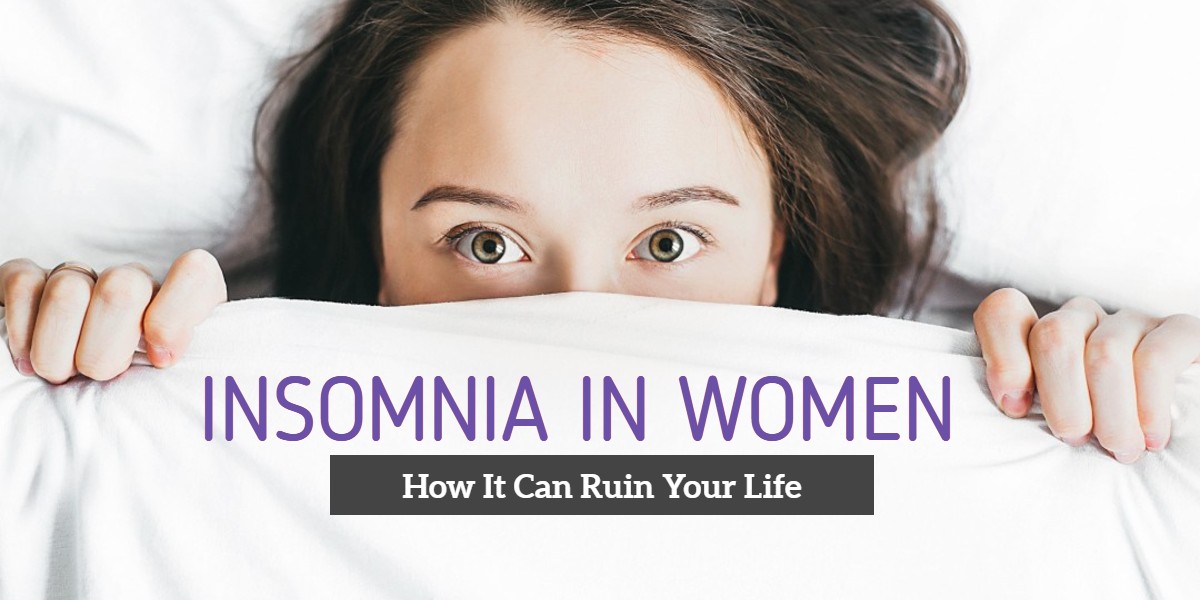
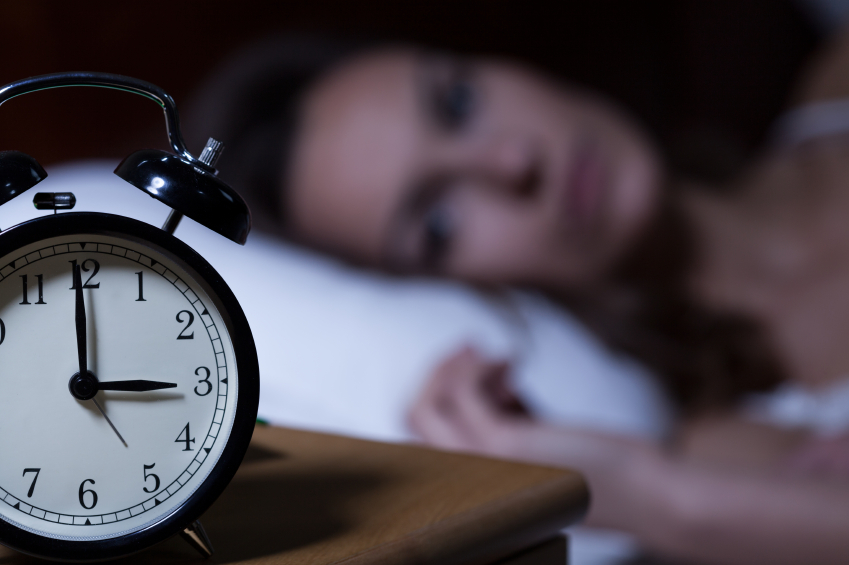
09-01-2018
Wellbutrin and Insomnia: Can Wellbutrin Cause Insomnia?
Read more about this article...
Read more →
25-02-2018
Prescription Medication for Insomnia- Sedative Hypnotics
Read more about this article...
Read more →